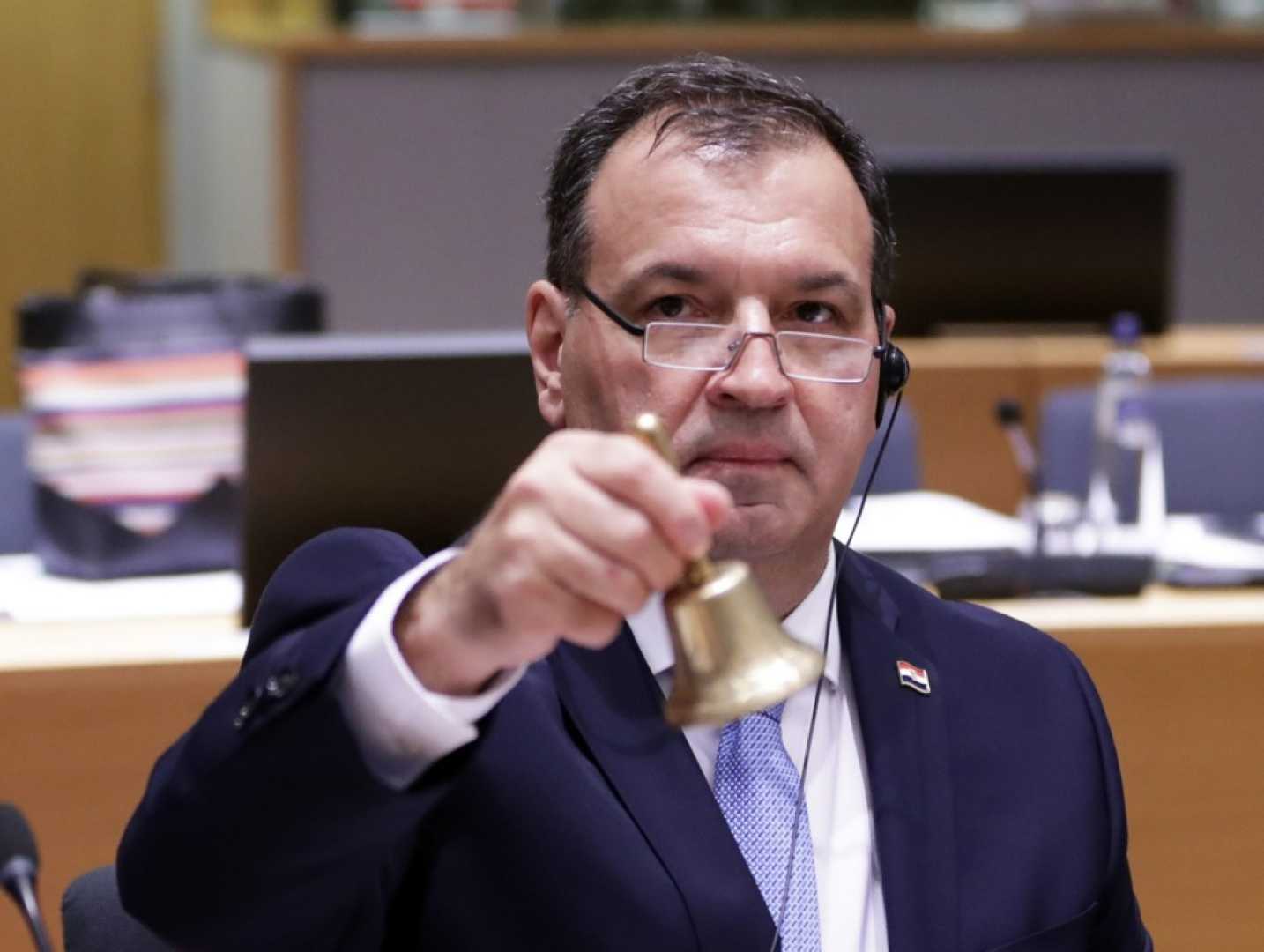News
Corruption Scandal Rocks Croatia’s Healthcare System

Rijeka, Croatia — A corruption investigation has embroiled the largest hospital in Croatia, raising concerns about trust within the country’s healthcare system. At the end of June, Dr. Ana Budimir, the head of the Department of Clinical and Molecular Microbiology at KBC Zagreb, was detained along with seven others over rigged procurement contracts for antibacterial water filters.
The investigation, conducted by the Office for the Suppression of Corruption and Organized Crime (USKOK), alleges favoritism in the purchasing process. Matija Herceg, the director of AirMed Solutions, also faces charges. This inquiry follows the deaths of three patients from pneumonia, which prompted the purchase of the filters, highlighting the human cost of these alleged corrupt practices.
Investigators are looking into claims that Romana Palić, the head nurse at KBC Zagreb, and Budimir received bribes to facilitate these deals. After the arrests, KBC Zagreb’s director Fran Borovečki assured the public that the majority of hospital employees are diligent and ethical, despite the surrounding scandal.
The situation at KBC Zagreb has been tense, particularly following the tragic death of its longtime director, Ante Ćorušić, who fell from a fire escape in October 2024. The scandal reflects broader issues in Croatia’s healthcare sector, reminiscent of a previous controversy that led to the arrest of Health Minister Vili Beroš in November 2024.
Beroš was accused of accepting bribes totaling EUR 75,000 from a criminal group to influence the sale of inflated-priced medical robotic systems. This “Microscope Affair” exposed deep-seated corruption and manipulation within healthcare procurement.
Critics point out that such corruption is pervasive, extending to even the highest levels of government. The left-wing green party, We Can!, has been vocal about corruption in Croatia, arguing that it undermines both public trust and the healthcare system.
The public has expressed frustration over ongoing corruption, suggesting that reforms promised during election campaigns are not being implemented effectively. Former Croatian president Kolinda Grabar-Kitarović noted that the practice of bribery in healthcare settings has become normalized, with expectations for gifts common among medical professionals.
Recently, another scandal emerged at Sveti Duh Clinical Hospital in Zagreb, where ten staff members were arrested for accepting bribes in exchange for falsifying medical documents. These incidents reflect a culture of corruption that permeates various levels of healthcare.
As Croatia struggles with the implications of these scandals, the challenges of eradicating entrenched corrupt practices seem daunting. Investigations are ongoing, as citizens demand accountability and reform across the healthcare system.












